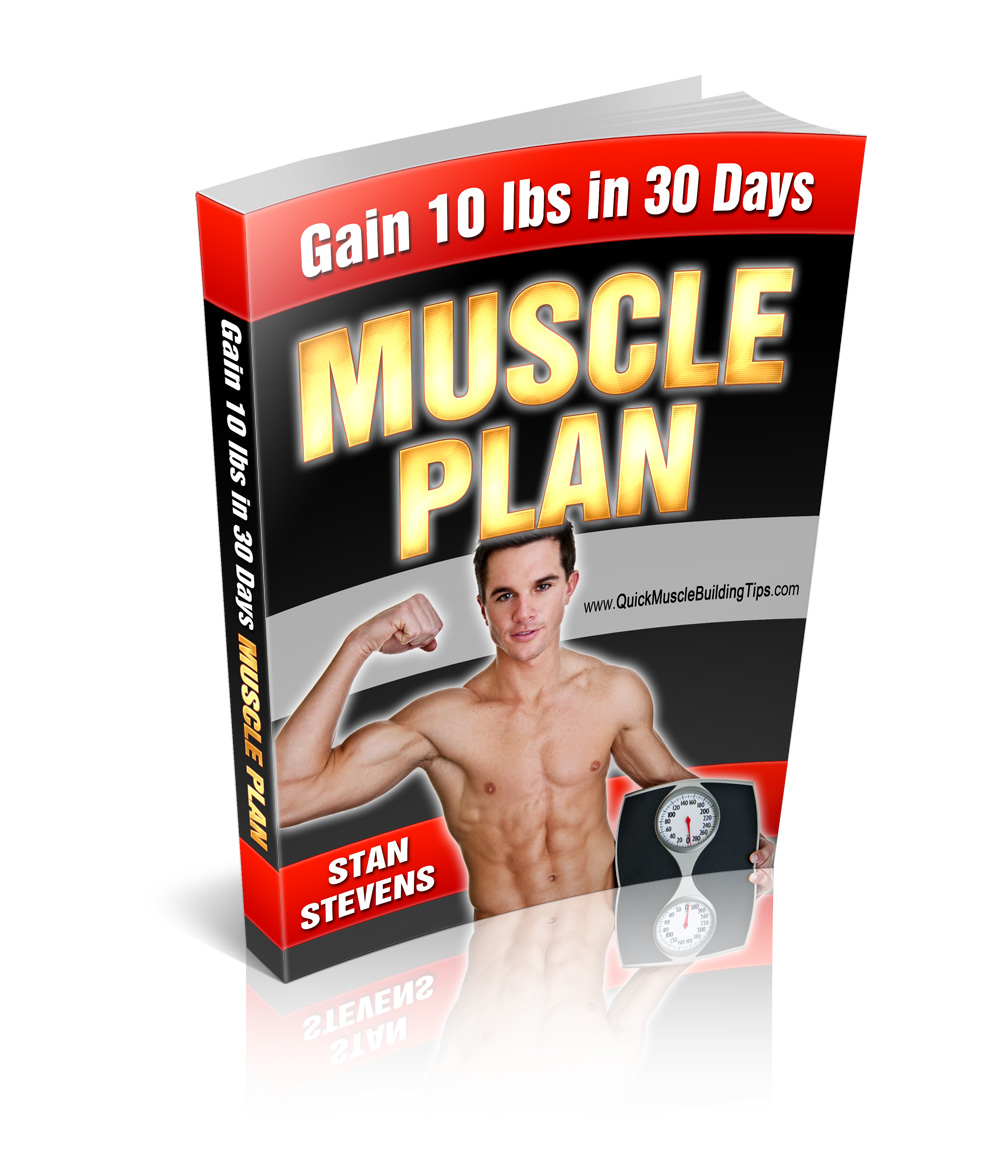We love our coffee and we are sure that most you do too! During the summer months we are little more prone to drinking energy drinks because  they are cold, but we find that something as simple as a hot cup of coffee in the winter can really kick start out motivation to get in the gym. Although many people, including us, have always felt like coffee should get more credit as ‘supplement’ for performance and endurance, there is still a lot of people who are hesitant to make that brew before hitting the gym. If you need a little bit more reassurance about the good things your cup of joe can do for you, check out this article that really breaks drinking coffee before workout down.
they are cold, but we find that something as simple as a hot cup of coffee in the winter can really kick start out motivation to get in the gym. Although many people, including us, have always felt like coffee should get more credit as ‘supplement’ for performance and endurance, there is still a lot of people who are hesitant to make that brew before hitting the gym. If you need a little bit more reassurance about the good things your cup of joe can do for you, check out this article that really breaks drinking coffee before workout down.
—-
Scientists and many athletes have known for years, of course, that a cup of coffee before a workout jolts athletic performance, especially in endurance sports like distance running and cycling. Caffeine has been proven to increase the number of fatty acids circulating in the bloodstream, which enables people to run or pedal longer (since their muscles can absorb and burn that fat for fuel and save the body’s limited stores of carbohydrates until later in the workout). As a result, caffeine, which is legal under International Olympic Committee rules, is the most popular drug in sports. More than two-thirds of about 20,680 Olympic athletes studied for a recent report had caffeine in their urine, with use highest among triathletes, cyclists and rowers.
—-
Our Thoughts:
So basically, coffee promotes physical performance and increases the amount of fatty acids running around in your bloodstream. This process keeps you moving longer, so coffee before cardio is probably the best plan.
—-
But whether and how caffeine affects other, less-aerobic activities, like weight training or playing a stop-and-go team sport like soccer or basketball, has been less clear.
So researchers at Coventry University in England recently recruited 13 fit young men and asked them to repeat a standard weight-training gym regimen on several occasions. An hour before one workout, the men consumed a sugar-free energy drink containing caffeine. An hour before another, they drank the same beverage, minus the caffeine. Then the men lifted, pressed and squatted, performing each exercise until they were exhausted.
Exhaustion arrived much later for those who’d had caffeine first. After swallowing the caffeinated beverage, the men completed significantly more repetitions of the exercises than after the placebo. They also reported feeling subjectively less tired during the entire bout and, in perhaps the most interesting finding, said that they were eager to repeat the whole workout again soon.
“Essentially, we found that with the caffeinated drink, the person felt more able to invest effort,” says Michael Duncan, a senior lecturer in sports science at the University of Exeter in England and lead author of the study. “They would put more work into the training session, and when the session was finished, in the presence of the caffeinated drink, they were more psychologically ready to go again.”
How caffeine influences the physiology and psychology of weight trainers isn’t fully understood, Dr. Duncan says. In contrast to endurance sports, an increase in fats in the blood wouldn’t provide much benefit in this kind of exercise.
Instead, Dr. Duncan says, he believes that caffeine “antagonizes adenosine,” a substance in muscles that builds up during exercise and blunts the force of contractions. The more adenosine in a muscle, the less force it generates. Caffeine reduces adenosine levels, “which then enables more forceful muscular contractions and delays fatigue,” Dr. Duncan says. “That’s the theory, anyway,” he adds.
—-
Our Thoughts:
While the benefits may be obvious for cardio workouts, the exact benefits for weight lifting may be fuzzy. Maybe it’s the jolt to get you kick started that it provides- or perhaps it’s that it gives you the energy to keep going, but it does something right for strength trainers.
Watch this video for a high protein coffee mix…
—-
Similarly, it’s not known whether people who swill cappuccinos and green tea all day get the same benefits from dosing themselves just before a workout as people who only occasionally drink caffeine, or whether the hour before a workout is the ideal moment to imbibe. Dr. Mohr suspects “it’s likely that you get more effect” if you’re not habituated to the drug, but he and others are currently studying those and similar issues and expect results soon.
In the meantime, “probably everyone can get some” fatigue-delaying and mood-enhancing benefits from caffeine, Dr. Mohr says — meaning that your gym gear should probably include a travel mug.
Source
—-
Other Thoughts:
Drinking coffee is not for everyone, so tread lightly- especially if you are caffeine sensitive. Decaf probably has nowhere near the same effects, but maybe the hot liquid and taste will help anyways. Another downside is that caffeine also stimulates your bladder, which could be quite uncomfortable during long workouts and runs. Since it is a natural diuretic, make sure you drink plenty of water to avoid dehydration and muscle cramps.
Coffee is also known to be a powerful antioxidant, and in it’s pure form (no cream, sugar, or milk), there’s no calories, carbs, or fat.
Do you sip on coffee while you are getting ready to hit the gym?
|
Gain 10lbs of Muscle in 30 Days?
Grab this free Muscle Gaining Plan that includes the workout and diet plan. Just Enter Your Email Below.
|

|

|
We hate spam just as much as you
|


{ 0 comments… add one }